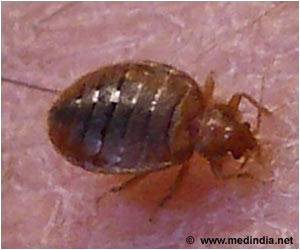Though the risk of sexual transmission of Zika virus is thought to be very low, safe sex and cessation of blood donation for a month is advised.

‘As Zika virus is now found to be sexually transmitted rather than just mosquitoes, safe sex is advised to reduce further increase in the number of cases.’





"Zika virus can be passed between sexual partners in the man's semen. This is especially likely if he developed symptoms of Zika virus disease," read a statement from the Health Protection Surveillance Agency, the specialist diseases agency in predominantly Catholic Ireland. The statement also warned that anyone with symptoms which could be due to Zika such as fever, headache, aches, rash or itchy eyes should practice safe sex for six months following the start of his symptoms.
Britain's National Health Service Blood and Transplant agency said in a statement it would implement from Thursday a 28-day on blood donors returning from Zika-affected countries as a "precautionary measure".
"The safety of the blood supply is paramount and it is important we implement any precautionary blood safety measures agreed here as a result of an increasing prevalence of infectious diseases found around the globe," a spokeswoman said.
The warnings about the fast-spreading Zika outbreak came following a US case of sexual transmission identified in Texas, confirming that the virus is not just spread by tropical mosquitoes. There had been two previous suspected cases of sexual transmission in 2008 and 2015.
Britain had warned on Friday that "a small number of cases of sexual transmission of Zika virus have been reported and in a limited number of cases the virus has been shown to be present in semen, although it is not yet known how long this can persist".
"The risk of sexual transmission of Zika virus is thought to be very low," Public Health England said in a statement.
It advised condom use for male travellers returning from Zika-affected areas "if a female partner is at risk of getting pregnant or is already pregnant".
The statement said this should be for 28 days for travellers with no symptoms and six months "following recovery if a clinical illness compatible with Zika virus infection or laboratory confirmed Zika virus infection was reported".
The World Health Organization has declared the spike in serious birth defects in South America an international emergency and launched a global Zika response unit.
Source-Medindia













